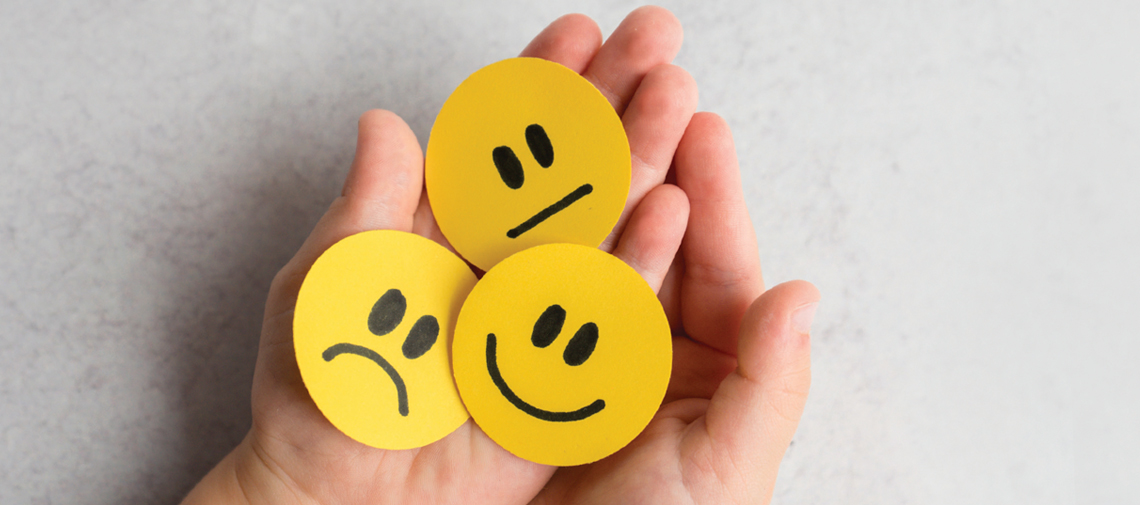Pupil wellbeing: Support for mental health in schools
Joe’s Buddy Line offers resources to promote pupils’ mental health and wellbeing

A presentation and discussion about mental health entitled Our Joe by Celia Lyons (Joe ’s mother), created and produced by a qualified mental health practitioner. This is a workshop suitable for parents, teachers and governors.
Workshops provided by mental health professionals that can be tailored towards specific pupils, parents, governors or staff needs. Topics include Choices not Bullying, Self-care not Self-harm, Resilience not Distress, Understanding not Discrimination, Hope not Stigma, Connection not Depression, Good Buddy not Bad Friend, Coping not Overwhelmed, Online Care not Online Harm, Defining Buddy and Buddyness, Whole School Approach to Mental Health, Eating Disorders and Body Image.
Buddy Ambassador workshops for nominated pupils who are trained on the main mental health issues faced in schools, such as anxiety, stress, identity, bullying, self-harm and feelings of not belonging. They are also given help on how to spot signs of these issues and what action to take when they do.
Approved CPD courses run as half-day (three-hour) or one-day (six-hour) sessions for teachers and others wanting to extend their mental health and wellbeing knowledge and training.
A Buddy Board illuminated lightbox that can be placed on an internal wall to help open up mental health and wellbeing conversations and provide information about these important issues.
A Buddy Bench – a semi-circular teak seat for six to eight students, with engraved phrases emphasising helpful Buddy concepts and ideas. The bench is somewhere pupils can sit quietly to reflect or talk openly with others, such as a trained school Buddy Ambassador. The concept of Buddyness is central to the charity ’s mission of encouraging all pupils to try to become Good Buddies and not Bad Friends.
A Buddy Box (small, locked metal box) placed securely on a wall so that pupils can post confidential notes, suggestions and requests for mental health and wellbeing information and help.
Leaflets on specific issues that can be placed on walls within frames or given unframed to students, teachers and others to help open up conversations. Leaflets can also be collated into a Buddy Booklet.
Financial assistance – the charity may be able to help individual schools with financial and practical assistance to deal with a range of proactive or reactive issues and concerns.
Despite the current mental health ‘tsunami of need ’, there is no statutory requirement for schools to have a specific mental health policy. However, Joe’s Buddy Line can provide a draft policy (for information only) for schools it works with. This can serve to open up conversations around wellbeing and mental health issues to help provide a more effective and OFSTED required Whole School Approach to Mental Health.
For more information, see joesbuddyline.org or email joesbuddyline@gmail.com.
